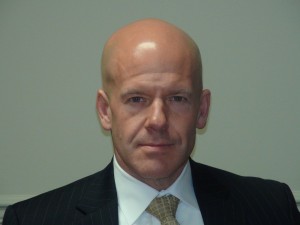TRENTON, N.J. — While reporters can build credibility with their sources by agreeing to protect their identities, there is a backlash that not printing names of sources can create distrust and access problems.
For readers, they prefer sourced-information. They trust a publication more if the names of sources are mentioned.
“…Readers – about one in five – said media outlets should never report information if a source isn’t willing to be named,” writes Ryan Pitts of Poynter.
However, when it comes to being practical, reporters are still reporting information even if they have to use anonymous sources. Most of these reporters make sure their sources are well informed and are totally trustworthy and reliable.
“First and foremost, I have to secure whether or not my source is reliable and informed, “ said Sherrina Navani, reporter at The Trentonian newspaper.
Interview with Sherrina Navani, reporter at The Trentonian.
There are several reasons why a reporter might have to use a confidential source. Sometimes, this is the only source that has the information that they are looking for, but this source’s life or job could be in jeopardy if others know they leaked the information.
Navani said she would also include in her story why the confidential source wishes to be anonymous.
She said, “I refer to the source under anonymity and say why the source wishes to remain anonymous: ‘A source who chose not to be identified for fear of losing her job.’”
When readers, researchers, the courts or investigators try to access information that has missing names, this can also pose a problem. If the source is too private, then there will be gaps in accessing detailed information.
“‘If people are willing to give information, they should be willing to give their name. It is far too easy to hide behind the cloak of anonymity,”’ writes Ryan.
But, sometimes when reporters ask for information, they are denied for several reasons. One reason is that sources do not want to be identified. So if the reporter has no other alternative, she is willing to get the necessary information without mentioning that source’s name.
Navani said that sometimes when she submits Open Public Records Act (OPRA) or Freedom of Information Act (FOIA) request forms, she has been delayed or denied.
“We submit OPRA requests quite frequently… I’ve had requests postponed, delayed or even denied. I usually try to get around denied requests by asking other sources,” said Navani.
However, if Navani has to use an anonymous source she tries to build trust.
“I tell my editor who my source is because he is also protected by the Shield Law and it creates a sense of trust between me and my editor,” said Navani.
Navani said she has never been subpoenaed or had to legally share who her sources are.
